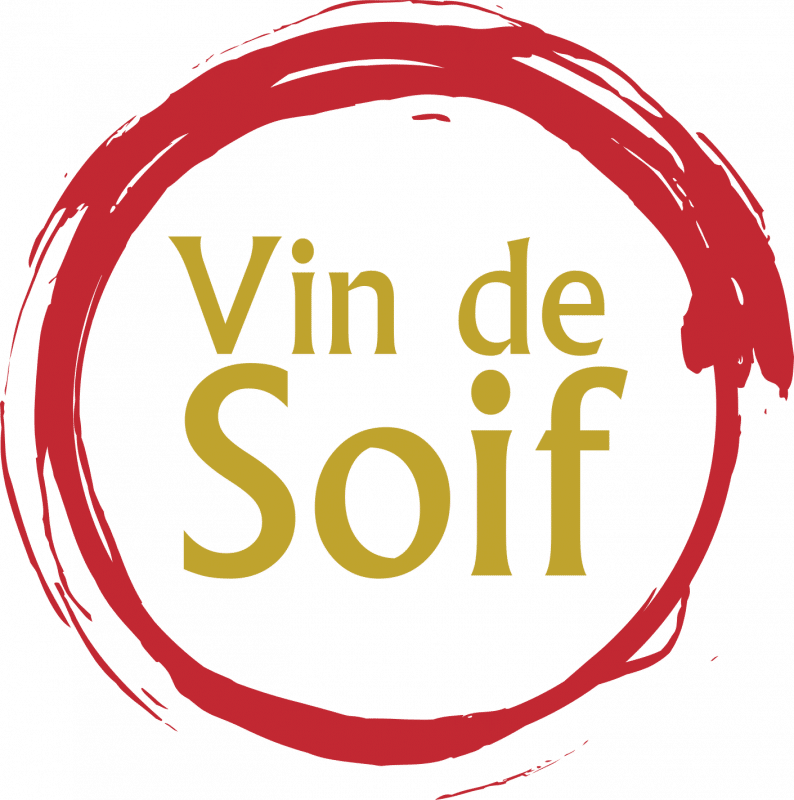Sauvignon Blanc
Sauvignon Blanc is a widely planted white grape variety known for its aromatic, crisp, and refreshing wines. It originates from the Bordeaux and Loire Valley regions of France but has become a global favorite, thriving in regions like New Zealand, California, and South Africa. Sauvignon Blanc is prized for its vibrant acidity and distinctive aromas, which can range from zesty citrus and green apple to more herbal notes of grass, bell pepper, and gooseberry. In Bordeaux, it is often blended with Sémillon to create fuller, more complex wines, while in the Loire Valley, regions like Sancerre and Pouilly-Fumé produce some of the world’s most renowned expressions of this grape, which tend to highlight its mineral-driven qualities.
Viticulturally, Sauvignon Blanc is a relatively hardy and early-ripening grape, making it well-suited to cooler climates where it retains its natural acidity. Its ability to thrive in a variety of soils, from gravel to limestone, contributes to its widespread success in different regions. However, Sauvignon Blanc can be sensitive to frost and requires careful vineyard management to prevent over-ripening, as its acidity can drop quickly in hot conditions. Organoleptically, Sauvignon Blanc wines are known for their high acidity and fresh, aromatic profile. They often feature flavors of lime, green apple, and passionfruit, with herbal and grassy notes that give the wine a distinctive character. While typically made in a dry style, some expressions, particularly those from regions like New Zealand, can also have more tropical fruit flavors, giving the wine a bright, expressive quality that pairs well with a wide range of dishes, including seafood, goat cheese, and fresh salads.
